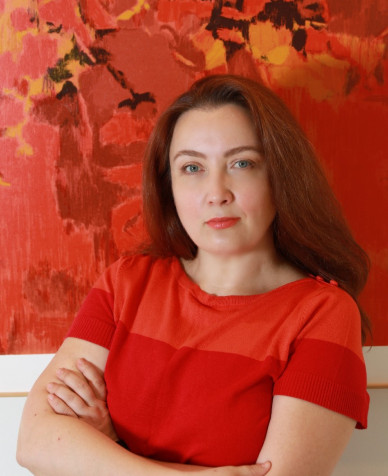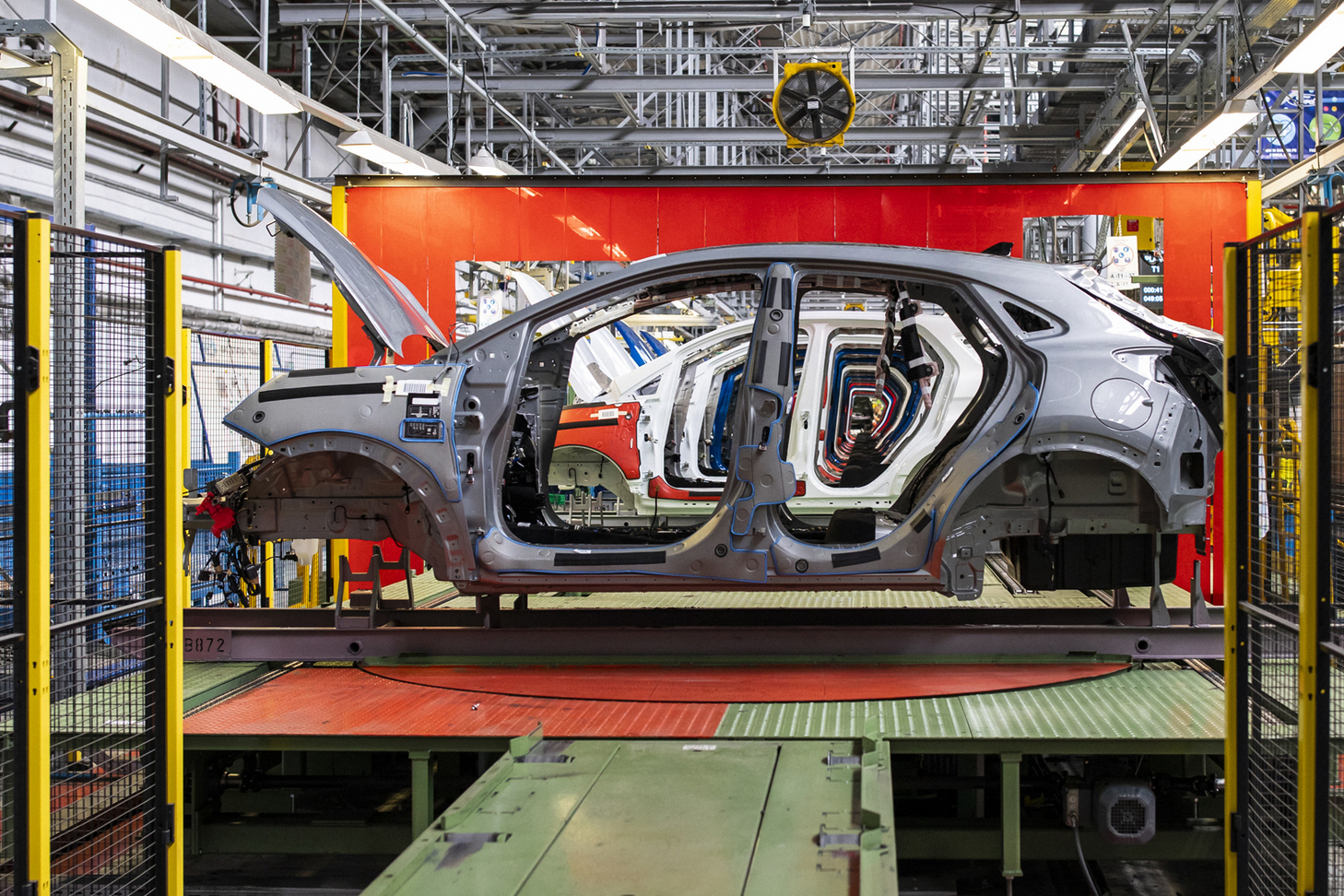Fellows

Alina-Sandra CUCU
Historical Anthropology of Work and Labour, independent scholar
Fellowship : October 2021 to June 2022
Discipline(s) : Anthropology, History
Pays : Romania
Research project: Labour regulations and the antinomies of powerlessness in a Romanian car factory
Alina’s research project at the Institute for Advanced Studies in Nantes in 2021-2022 focuses on three key moments in the evolution of Romanian labour legislation:
• The adoption of the Labour Code in 1972.
• The implementation of the Labour Code of 2003.
• Its fundamental modifications in 2011.
Her research draws on a combination of ethnographic insights, expert interviews, and analyses of the national, European, and global legal fields to understand the progressive weakening of labour’s bargaining power in Romania. Using the case study of an automotive factory in the city of Craiova, Alina’s research will further open a window into the multiscalar complexities of the Romanian labour legislation and into how its metamorphoses have been negotiated on the shopfloor in the last fifty years.
Biography
Alina is a labour historical anthropologist. Her work focuses on Central and Eastern Europe. After completing her PhD at the Central European University, she was awarded several prestigious fellowships at Max Planck for the History of Science (Berlin), Centre for Work and the Human Life Cycle in World History, Humboldt University (Berlin), New Europe College (Bucharest) and Goldsmiths, University of London.
Her first book, Planning Labour: Time and the Foundations of Industrial Socialism in Romania, was published in 2019 by Berghahn Books.
She is currently working on her second book project, Entangled Worlds of Labour: The Advance of Flexible Capitalism in Eastern Europe, which examines the incorporation of the Romanian car industry into global production chains since the mid-1960s
Bibliography
Books
Planning Labour: Time and the Foundations of Industrial Socialism in Romania (2019), Studies in Social History Series, edited by Marcel van der Linden, New York and Oxford: Berghahn Books.
* 2020 ASEEES Ed A. Hewett Book Prize for Outstanding Publication on the Political Economy of Russia, Eurasia, and/or Eastern Europe: Honorable Mention.
Chapters in edited volumes
“It was quiet”: Pandemics as normal life in a Southern Romanian town” (2020), in Corona and Work Around the Globe, edited by Andreas Eckert, Oldenbourg: DeGruyter.
“Why Hegemony Was Not Born in the Factory: Sciences of Labour and Politics of Productivity from a Gramscian Angle” (2020), in Cultural Hegemony in a Scientific World: Gramscian Concepts for the History of Science, edited by Pietro Omodeo and Massimiliano Badiliano, Historical Materialism Series, Leiden: Brill.
“The Impossibility of Being Planned: Slackers and Stakhanovites in Early Socialist Romania” (2020), in Labor in State Socialist Europe after 1945: Contributions to Global Labor History, edited by Marsha Siefert and Susan Zimermann, Budapest: Central European University Press.
Journal articles
Socialist Accumulation and Its “Primitives” in Romania (2022), International Review of Social History, 1-24, doi:10.1017/S002085902200030X.
“Prolegomena to a New Global Labour History for Eastern and Central Europe” (2020), Historein.
“Producing Knowledge in Productive Spaces: Ethnography and Planning in Early Socialist Romania” (2014), Economy and Society 43, 2: 211-232.
FELLOW FOCUS
The residency seminar of Aline-Sandra Cucu took place on Monday, May 9, 2022 : Labour regulation and the antinomies of powerlessness in a Romanian car factory
Suggestions for the week
Film: Pride, directed by Matthew Warchus, 2014
Summer 1984 - With Margaret Thatcher in power, the National Union of Miners votes to strike. As they march through London, a group of gay and lesbian activists decide to raise money to help the miners’ families. But the National Union of Miners seemed embarrassed to receive their help. The activist group was undeterred. After locating a mining village in the depths of Wales, they board a minibus to deliver the money to the workers in person. Thus begins the extraordinary story of two communities that everything opposes that unite to defend the same cause.
Lecture : Landscape for a Good Woman: A Story of Two Lives Carolyn Kay Steedman Rutgers University Press (1 Octubre 1987)
Intricate and inspiring, this unusual book uses autobiographical elements to depict a mother and her daughter and two working-class childhoods (Burnley in the 1920s, South London in the 1950s) and to find a place for their stories in history and politics, in psychoanalysis and feminism.
Image :


